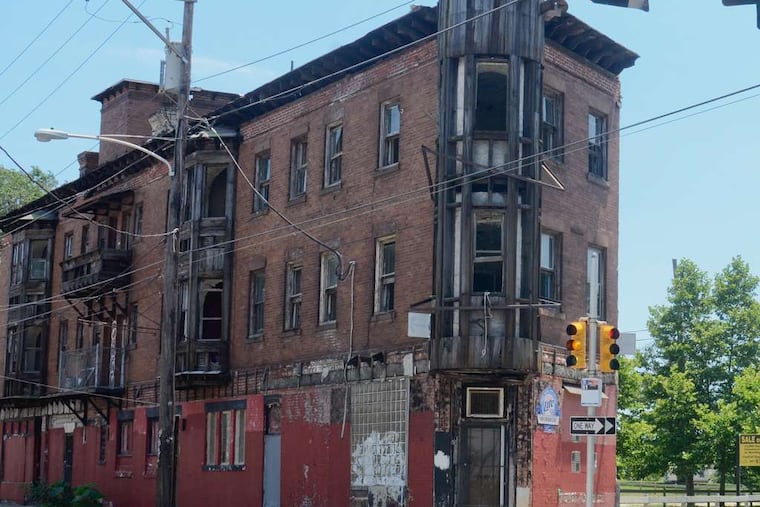Crucial tool can reactivate Philly's vacant properties
By Michael Koonce Like most older cities, Philadelphia has a lot of vacant land and buildings. Some properties used to be factories, some businesses, and some homes.

By Michael Koonce
Like most older cities, Philadelphia has a lot of vacant land and buildings. Some properties used to be factories, some businesses, and some homes.
Virtually all of them blight the neighborhoods where they are located. They bring down property values, hide criminal activity, and contribute to the perception of a community in decline.
Once a property becomes vacant, reactivating it is complicated and difficult.
If the property is in private hands, frequently the owner has died or left the city. If the property is owned by a public agency, the process of selling it is unwieldy. Tax, utility, and other liens make many properties unattractive for a new purchaser.
However, prospects for reactivating vacant property in Philadelphia are becoming brighter.
Last December, City Council, led by Council President Darrell Clarke, Councilwoman Maria Quiñones Sánchez, and Councilman Curtis Jones, unanimously passed legislation to create a land bank. Mayor Nutter then signed the legislation into law.
The Philadelphia Land Bank can be a powerful tool to return vacant and tax-delinquent properties to productive use. It can acquire privately owned parcels that are roadblocks to revitalization by foreclosing on them. It will also simplify the process of transferring properties from public agencies to private owners. And the Land Bank's ability to clear liens from titles will make properties more attractive to potential new owners.
City Council required that the Land Bank create a strategic plan to guide its goals and operations. That plan lays out a vision in which vacant properties become tools for revitalization rather than harbingers of decline. For example:
On blocks where one vacant property threatens to bring down a neighborhood, the Land Bank seeks to turn the vacant property into side yards, redeveloped buildings, or community gardens.
In a city with thousands of families desperate for affordable housing, the Land Bank will support initiatives such as the City Council plan to create 2,000 new affordable homes.
Where land is needed to support private investment and economic development, the Land Bank will help assemble properties to create developable parcels.
On neighborhood commercial strips, the Land Bank will assist local businesses looking to locate or expand.
In neighborhoods with too much asphalt and not enough green space, the Land Bank will support open-space initiatives.
The Land Bank will support resident-driven plans where communities have come together to create a vision for the future of their neighborhood that the city's Planning Commission has incorporated into its comprehensive plan, Philadelphia 2035.
And, for the first time, the Land Bank will market vacant properties in a comprehensive way to find buyers who will return them to the tax rolls.
These important steps can start to take place as soon as the strategic plan is approved by City Council, and a resolution approving the plan was introduced this week.
City Council's creation of the Land Bank was a major step toward turning vacant properties into new homes, jobs, and tax revenue. Now, with just one more vote, Council can jump-start this powerful tool.